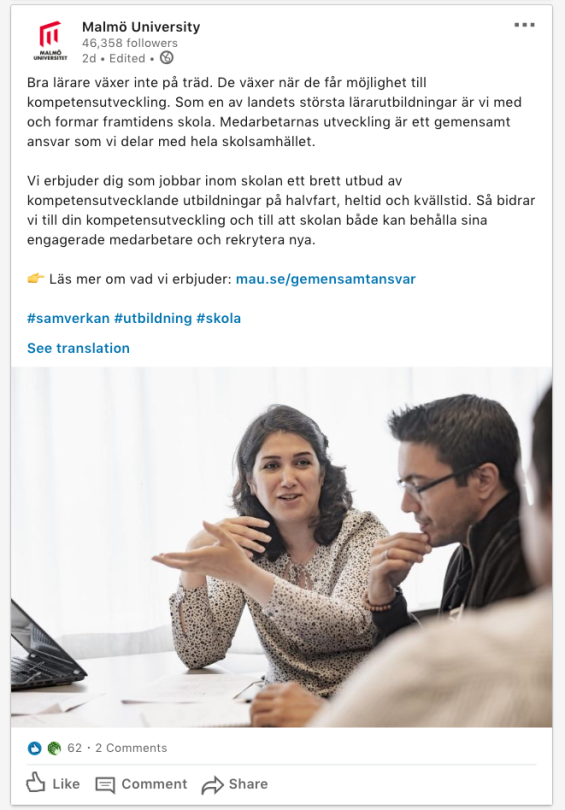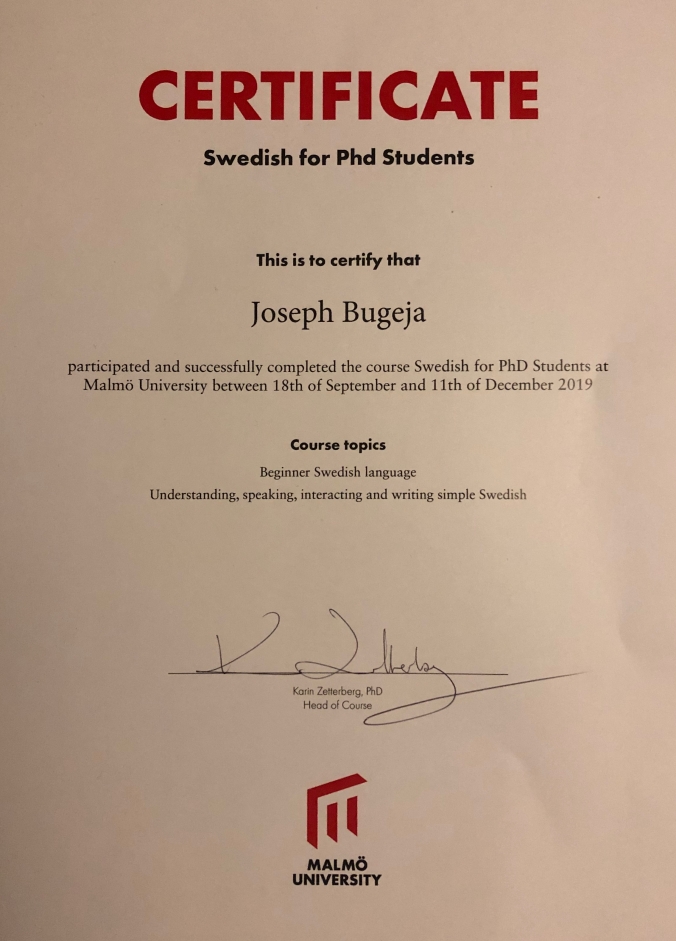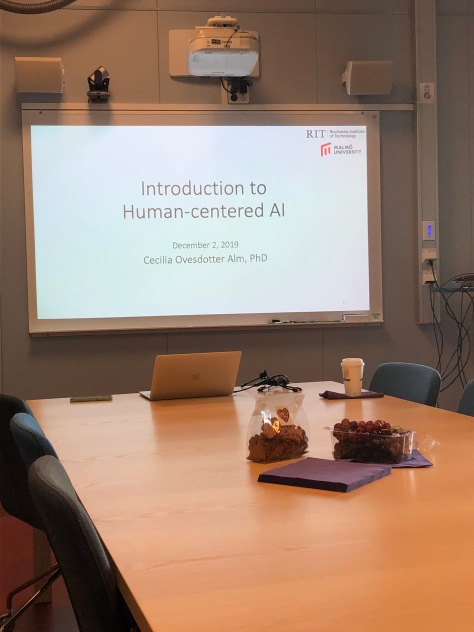I am truly surprised and grateful that a photo of myself and my colleague is being featured on the university website and shared among social media, in particular, on LinkedIn and Facebook.

Talking science featuring Dr. Arezoo Sarkheyli-Hägele and myself (post adopted from LinkedIn).
In case you are interested what the text above means, see its translation below:
“Good teachers don’t grow on trees. They grow when they have the opportunity for skills development. As one of the country’s largest teacher training courses, we are involved in shaping the school of the future. The development of employees is a common responsibility that we share with the entire school community.
We offer you who work in the school a wide range of skills-developing training at half-speed, full time and evening. So we contribute to your skills development and to the school being able to both retain its dedicated employees and recruit new ones.”
But, the most important part is that if you want to know more about what Malmö university offers in terms of courses and programs take a look at mau.se/gemensamtansvar


